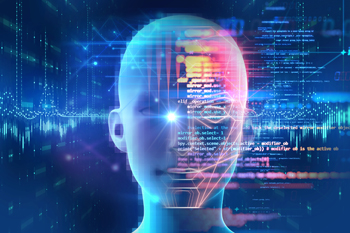
Meet your digital twin
Most of us are used to having multiple digital personas — on Instagram, Facebook, Twitter, or whatever other social media platform we might be using. But what if this digitalisation of ourselves went physical? What if we could have a digital version of our entire body which could help us, and our doctors, decide what life style is good for us, predict which diseases we might get, and how to best treat them? In short, what if we could all have our very own digital twin?

The idea isn't quite as sci-fi as it sounds. A gigantic scientific effort called the Physiome Project is about piecing together a mathematical description of the entire physiology of the human body. Once this has been achieved to a sufficient level digital twins will be a spin-off.
In this podcast Steven Niederer, Professor of Biomedical Engineering at King's College London, tells us about the physiome project, about how the fitbits many of us own are a very first step towards a digital twin, and about how you can model individual human organs such as the heart. As usual, we also challenge ourselves to explain some maths in one minute.
You can find out more about maths and medicine, differential equations and mathematical modelling on Plus.
We would like to thank the Isaac Newton Institute in Cambridge for putting us in touch with Niederer who co-organised a research programme there in 2019.
The music in this podcast comes from the artist Oli Freke. The track is called Space Power Facility.
You can listen to the podcast by clicking the download link below, and you can subscribe to our podcast feed in your podcast aggregator of choice, or directly through Apple Podcasts or Spotify.

This podcast was partially funded by the European Mathematical Society.